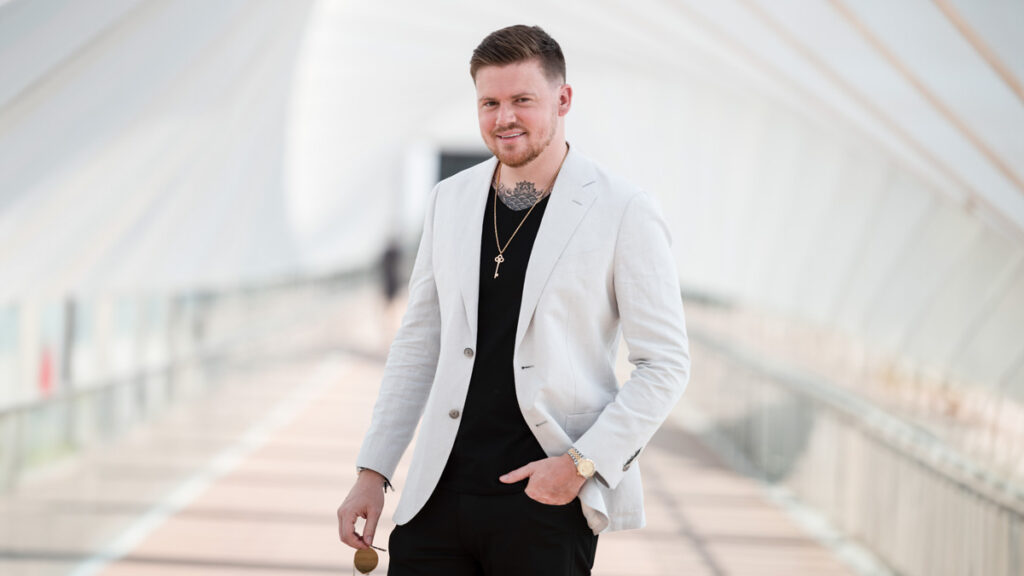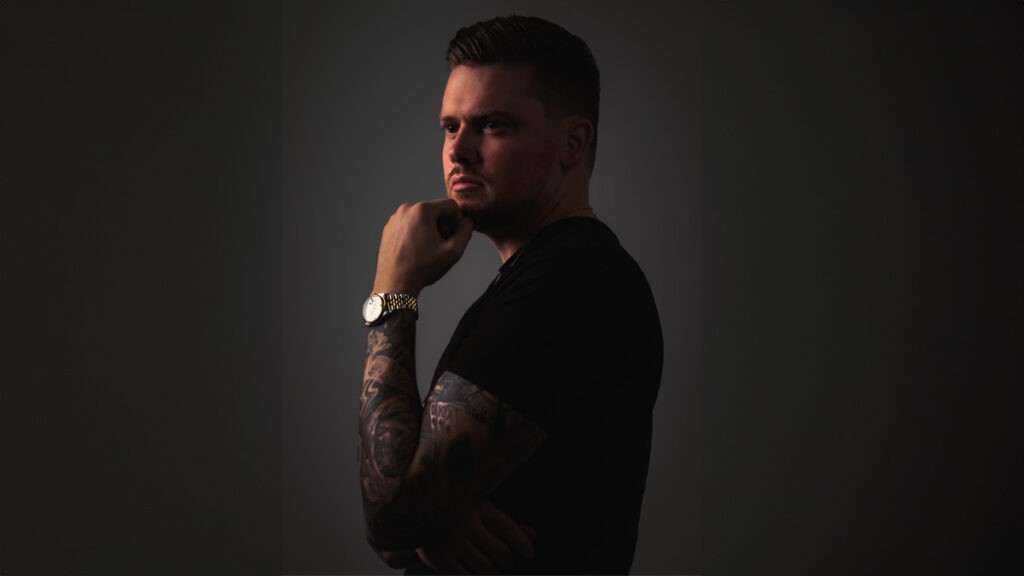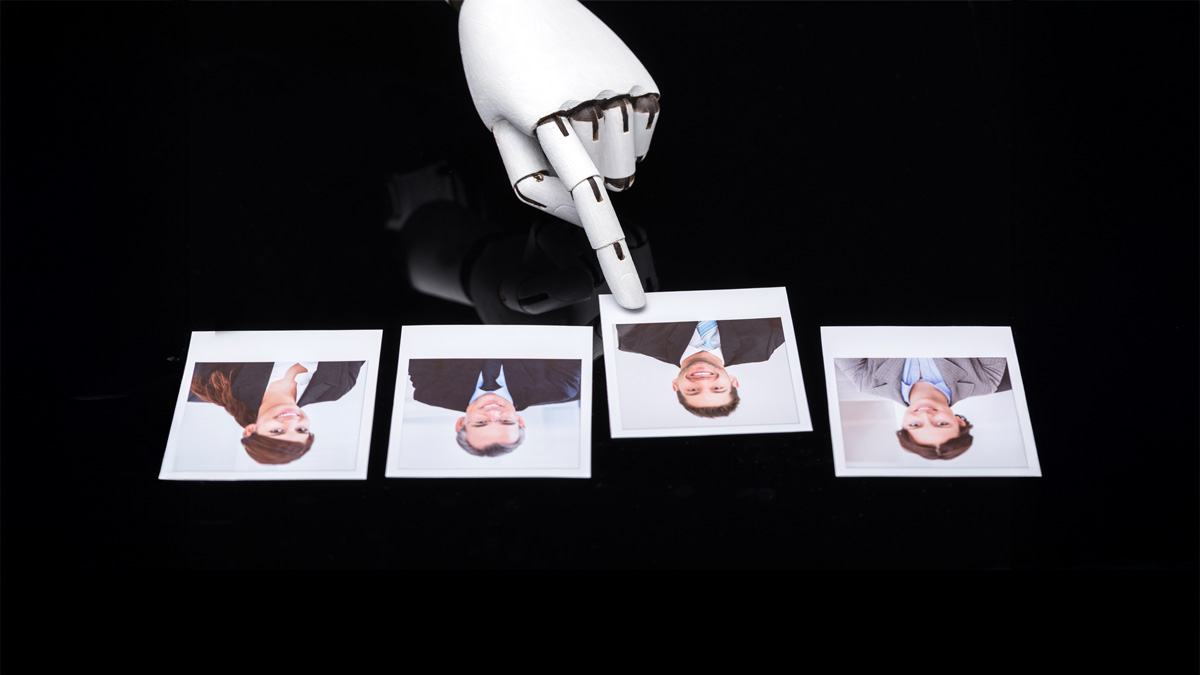Lewis Raymond Taylor’s journey from prison sentences to building a successful coaching empire

Adversity. A word associated with so many high-profile business figures since the dawn of time. James Dyson had 5,126 failed prototypes before coming up with his now legendary bagless vacuum. Self-made multi-millionaire Inger Ellen Nicolaisen, Founder of Nikita Hair, overcame being raised by an alcoholic father and being a homeless 15-year-old with a daughter to care for. These inspirational stories shed light on the never-say-die attitude of entrepreneurship.
Lewis Raymond Taylor’s story is one of hardship and pain but it’s also one of the most beautiful examples of how taking responsibility for yourself and your actions can transform the trajectory of your life, both personally and professionally.
We talk to Lewis about his upbringing, which included three prison sentences, how he’s overcoming the negative stereotype of the life coaching industry and his plans to build his company to become a unicorn in less than a decade.
Watch our exclusive interview with Lewis Raymond Taylor
Could you tell us about your upbringing?
My dad was verbally and physically abusive to me, and my mum was very emotionally disconnected as well, so I didn’t really have a nurturing family environment growing up. From a young age, I was naughty and acted out. As I got older that led to criminality, things like shoplifting, criminal damage, and lighting fires, for example. I was also sexually abused when I was 11, which contributed to my behaviour.
Ultimately, I had this need for significance and love, and I guess I was looking for attention in some way. I was expelled from school at 15 and then I was sent to a Young Offender Institution by the time I was 18. I had three different mental health diagnoses over the years; antisocial personality disorder, emotionally unstable personality disorder, and Bipolar II disorder (BP-II). At one point, I even slit both sides of my throat and was sectioned under the Mental Health Act. I even walked in and found my dad dead from his alcohol abuse at one point.
I went to prison three times in total. When I was serving my third sentence, I had the realisation that I couldn’t keep blaming everything and everyone around me and I had to take responsibility for myself. I started to engage with the services that are inside the prison. I read books, went to the gym, and did a rehab programme. After serving my 18-month sentence, they picked me up from prison gates and took me directly to the rehab centre in Portsmouth. I spent six months there doing a 12 Step recovery programme and, during it, they broke me down and rebuilt me. When I walked out of that place, I just felt lighter.
Could you tell us a little more about your company The Coaching Masters and what led you to take the big step to create it?
I started to do some charity work as part of my probation and realised that it felt good to help people. During the 12 Step process, I had picked up so many powerful lessons going through the trials and tribulations, that I started to help people for free. I realised that these people are getting great results. This was about seven years ago now, and coaching was in its infancy, so I didn’t know what a life coach was. However, when I started to Google it and do a bit of research around it, I realised that maybe I could do it.
I did some training and built a coaching business to six figures in seven months and then the business just progressed really from there. I realised that I needed to move out of one-to-one into creating digital assets like courses, membership sites, technology, team members, automation, and things like that. The company has grown now to the point where we’re more of an ed-tech company. We have VR apps on the Oculus, we have our own app on the App Store, and we provide education for other coaches who want to become a life coach. Essentially, we provide the academy to train you to become an accredited coach.
We had built a freedom-based passion-led online coaching where I could do this from anywhere in the world. When the pandemic hit, we quadrupled our revenue in a year and as it stands today, we have a team of 80 and clients in over 80 countries, with $7m (£5.6m) in annual revenue. On a personal level, I’m married to a beautiful Venezuelan woman, and we have our first child on the way.

There is a negative stigma of life coaches in the business community – because there are so many of them promising people the world. How do you overcome this stigma?
The marketplace is really why we’ve created this platform. We verify the people on our platform, so they have to submit their credentials, along with a recorded coaching or consultancy session for us to actually observe. We watch it and give it a score, similar to an Experian credit score. However, the biggest thing is the escrow payment holding system. This means that people can’t lose their money because there’s an agreement upfront and the funds are only released once the results have been delivered, a little bit like Upwork or Fiverr.
In terms of the negative opinion of it, I do believe it’s in a lot more industries than just coaching experiencing this. Coaching is the second fastest-growing sector in the world, it’s a $20bn (£16bn) industry globally and has a compound annual growth rate of 6.7%. It’s really grown since people were able to deliver it via an online video call, instead of in-person, but like any fast-growing industry, it does have its own teething problems.
In our modern world of algorithms, if you seek out negative stories about something, you’ll continue to be fed negative stories about something. But I get to see the other side, which is the huge impact that people are having on people’s lives. There are coaches who help thousands of people, who then go off to help thousands of people and you get this network marketing ripple effect of good things going throughout the world, in a way we’ve never seen before.
What has your funding journey been to this point?
We’ve managed to build the company to a valuation of $25m (£20m) with no debt, no investment, and no personal funding. I didn’t even need to bootstrap it. When I went from those one-to-one sessions to launching a course, the first course made £17,000 and was reinvested into hiring a few staff. Before we knew it, we were making upwards of £500,000 a month. Now, we really want to scale up what we’re doing. For example, our Return on Ad Spend (ROAS) is 9:1; which means that for $1 we spend, we get $9 back.
We’re at the point where we have something that’s working very well, we want to do more of it and that’s why we want the investment. We initially did a community round, where we raised £1m, and now we’re into pre-Series A, where we’re looking to raise £2m. We have a plan for what we use that for, and then we’re looking to raise another £10m. We’re really going for it and have huge aspirations. We are forecasting to be a billion-dollar company in seven years.
We’re on the tail end of a market where tech valuations were completely through the roof. How have you found the appetite of the investors you’re talking to?
There are many examples of tech companies with huge valuations but are pre-revenue, but our valuation is based on traction. We got our evaluation done by an independent valuation expert. It ended up being a 46-page report, and it was essentially done on a multiplier of how much money we’re making, rather than a forecast.
I know it sounds a little bit superficial, but I was living in Bali when we started talking to investors. I had blonde highlights and my tattoos out, so I don’t think the investors quite got the message of where we were going as a company. That is what led to a few people saying that it seems like a high-risk investment.
So, I moved back to London, dyed my hair brown again, and bought a suit. I felt I needed to shake some people’s hands again. Sometimes playing investors at their own game needs to be done in business, to be able to build that trust and connection with people. Since I’ve been back, we’ve had some people say that they couldn’t give us the £2m investment because their smallest cheque size is £10m. Another said that they would have invested but had a similar company on the books already. I’m confident now that within the next two or three months, as I come back and show a little bit more mature persona, the £2m is going to be raised very soon.
How have found getting the right people around you to help grow the business?
When you’re a start-up, you can’t necessarily really afford to pay for people who have a large amount of experience. I was able to apply myself to all of the departments within the company and understand how they work without really needing to dig too deep and know how to direct those teams. So, I wouldn’t say that there was this very self-sufficient team that I could just step out of, and it would continue to work.
It could be quite brutal at times, in terms of having to get rid of people, hiring new people, or changing things, and it can be quite stressful to keep things afloat and keep things growing. I found it difficult to find the right people at the right price point at the right time. It’s difficult to find people who are really good at something because if they’re really good in the entrepreneurial world, they’re going to be doing it for themselves, making their own money.
So, one of my biggest challenges has been finding the right people. I was a coach when I started the company. We were able to fill my spot, so I don’t need to do that anymore. We will continue to plug those gaps where I’ve had to oversee things in time and, maybe as we grow, we’ll come to a point where it’s time to change the CEO. It would be egocentric of me to not allow the company to develop because of me being in the way.



